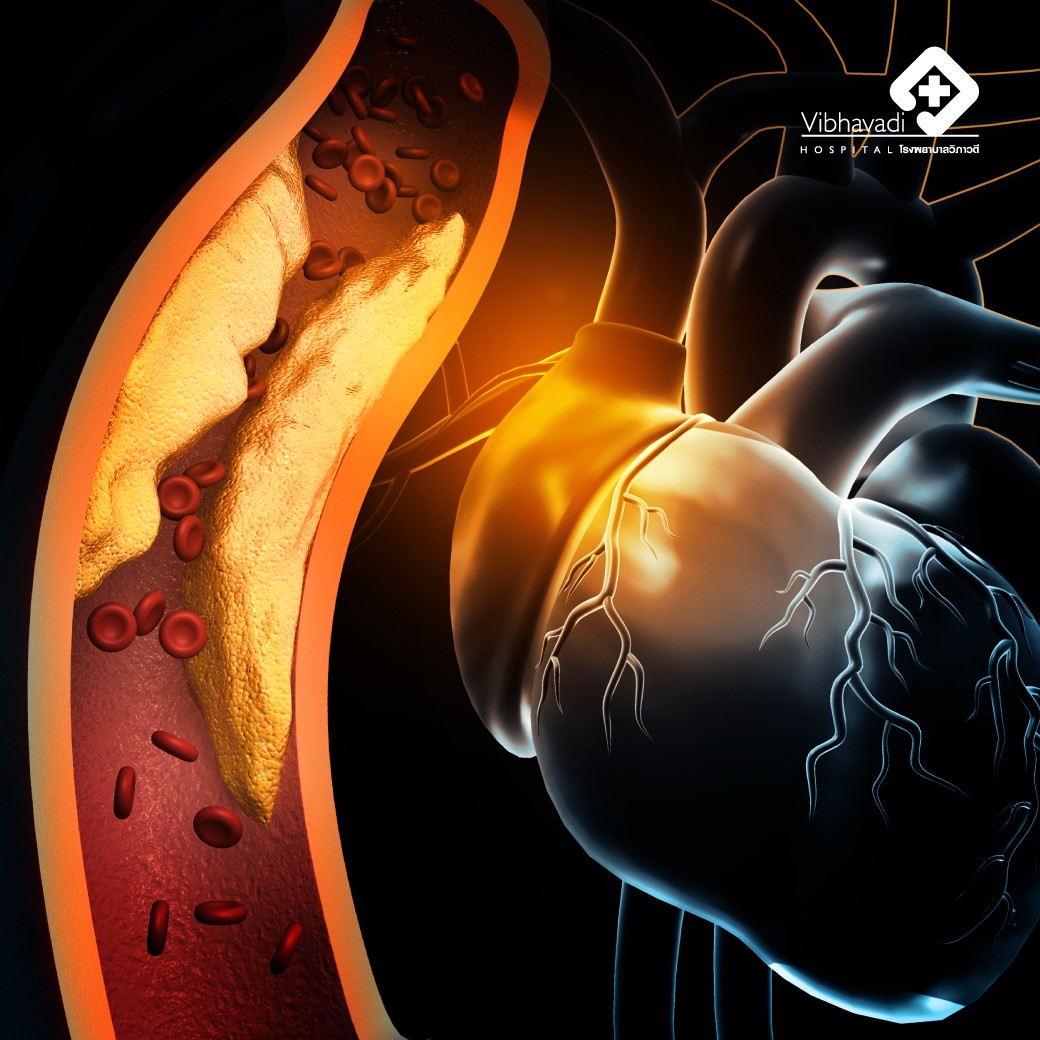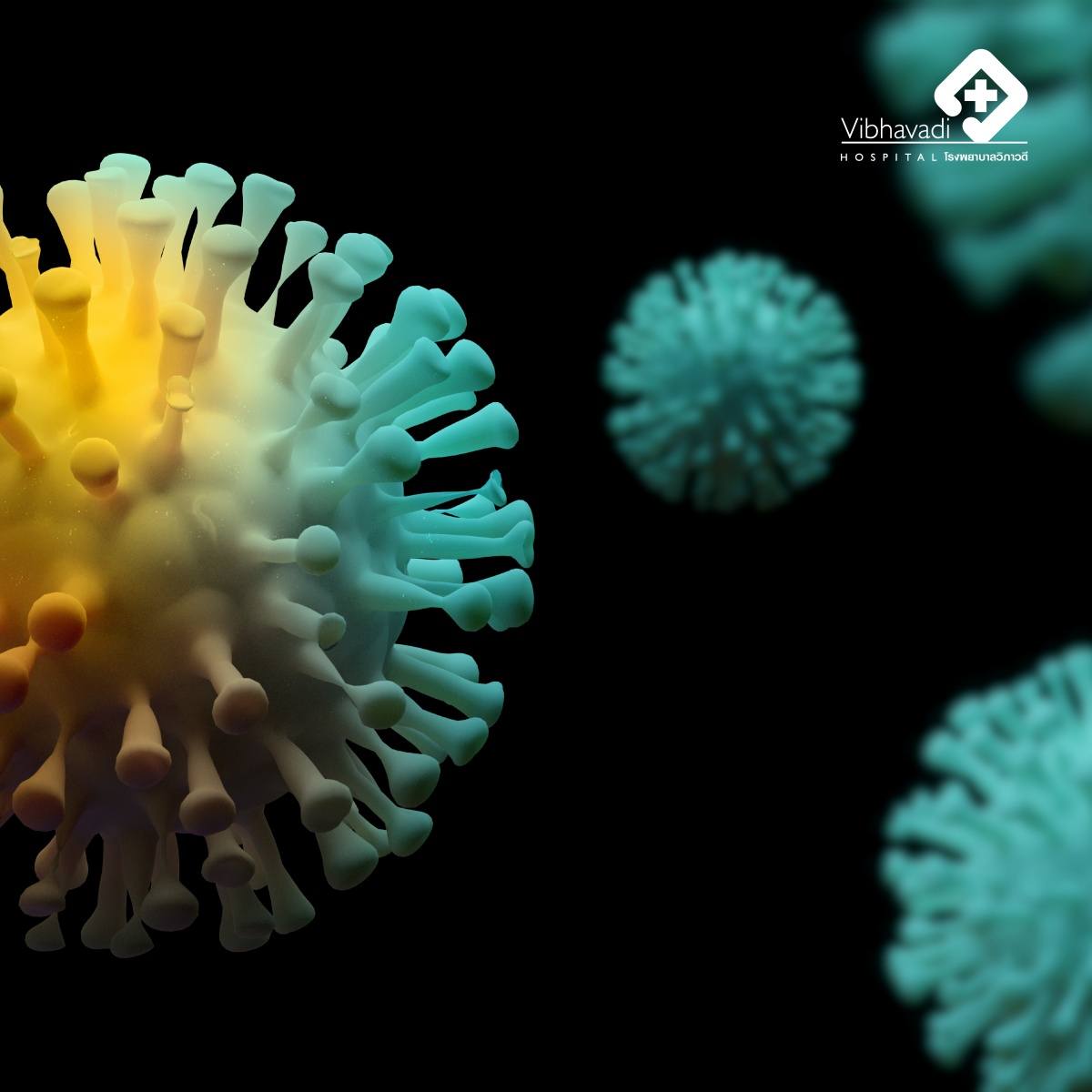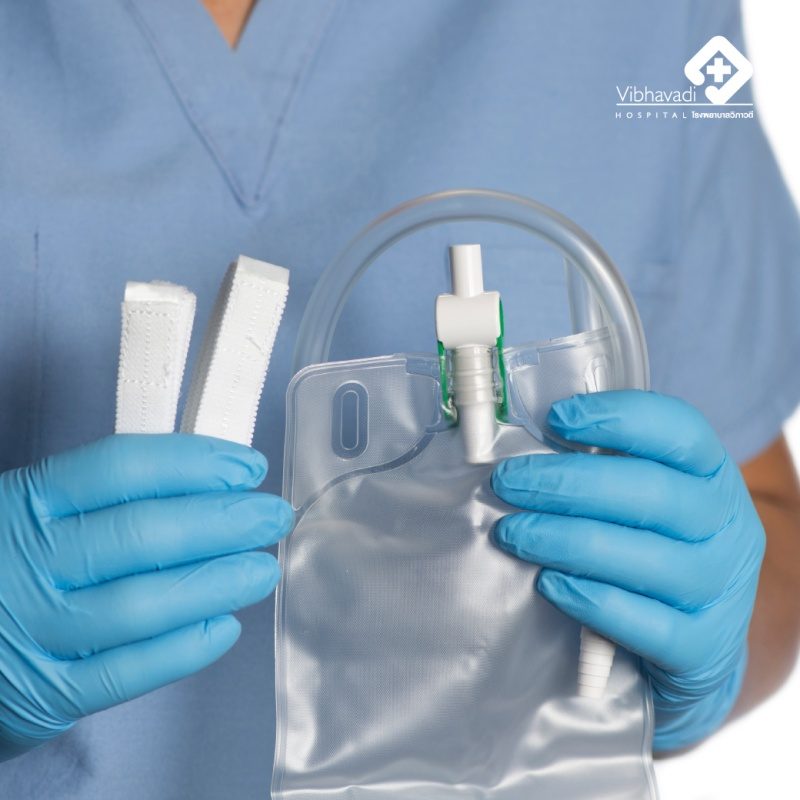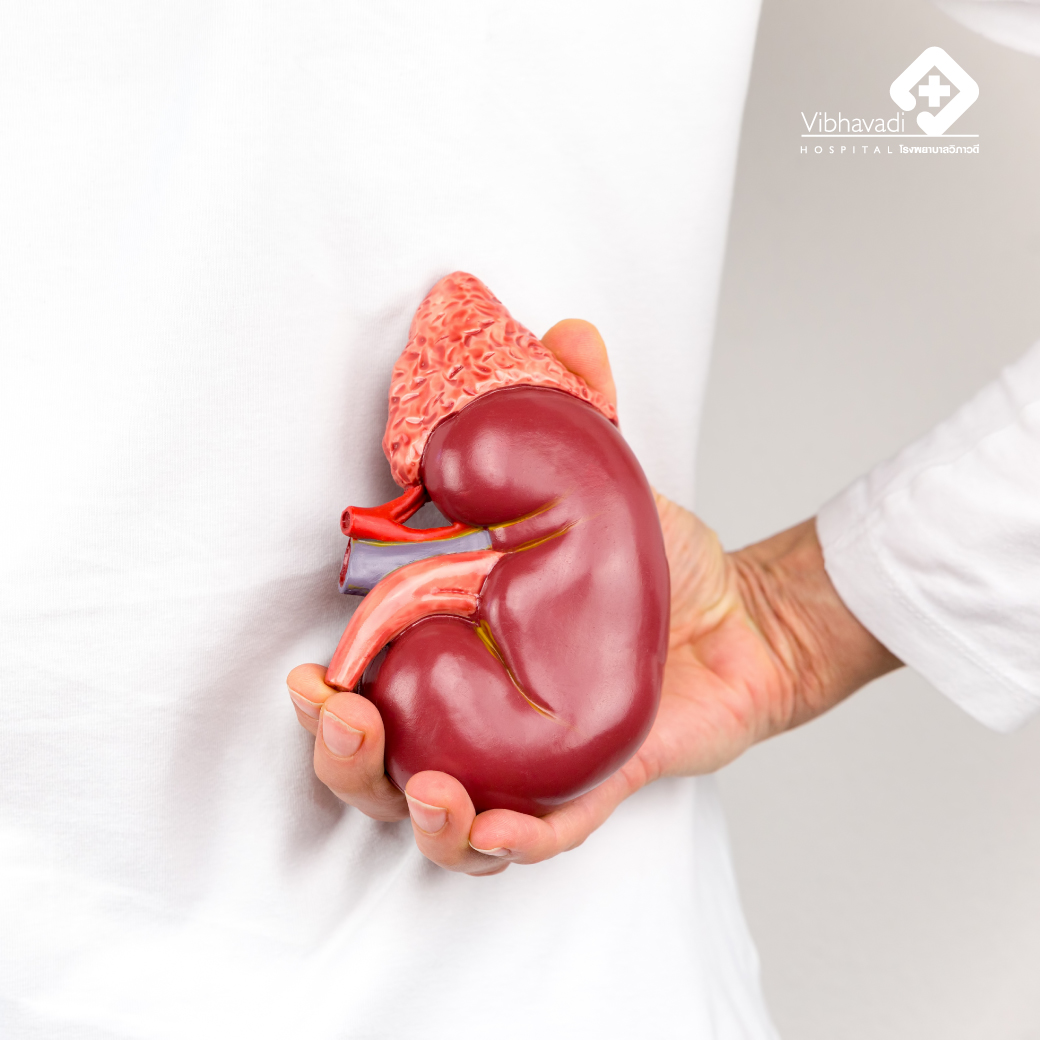Checking for Signs of Kidney Disease
Checking for Signs of Kidney Disease
The kidneys play a vital role in filtering waste, regulating water and mineral levels, and producing hormones that control blood pressure and red blood cell production. They also maintain the acid-alkaline balance and bone health. It's important to be aware of signs that may indicate kidney disease.
Signs of Kidney Disease:
1. Swelling in the Eyes, Shins, and Feet:
Accumulation of water and salt in the body can cause swelling, starting with the eyelids and face. Swelling may also occur in the arms, legs, and feet. To check for edema, press your finger against the shin for 30 seconds and release. If a dimple remains, it suggests edema. Kidney, liver, heart, thyroid, or blood vessel problems may contribute to this symptom.
2. Fatigue, Itching, and Loss of Appetite:
Kidney disease can lead to fatigue, general weakness, and itching. The buildup of waste in the body can also cause a loss of appetite.
3.Back Pain:
Kidneys are located in the lower back, behind the ribs. Abnormal kidney function may cause back pain in the area between the ribs and buttocks. The pain can radiate to the lower abdomen, pubic area, and genitals. Ureter blockage, ureteral inflammation, or ureteral aneurysm could be possible causes. If accompanied by a high fever, it may indicate a urinary tract infection.
4. Abnormal Urine Appearance:
Urine abnormalities include turbidity, sediment, gravel, blood, reduced or increased frequency of urination, foamy urine, or difficulty urinating.
5. High Blood Pressure:
Individuals with newly diagnosed high blood pressure should have their kidney function checked.
6. Anemia:
Kidney disease can lead to anemia due to a deficiency of bone marrow-stimulating hormones.
7. Bone Decay:
Abnormal mineral and vitamin D balance in kidney disease may contribute to bone deterioration.
8. Shortness of Breath:
Lung congestion and acidic blood resulting from kidney dysfunction can cause breathing difficulties.
9. Cognitive Impairment:
Buildup of waste in the blood can affect brain function.
By Dr. Suebpong Sang Areekul, Nephrologist.















